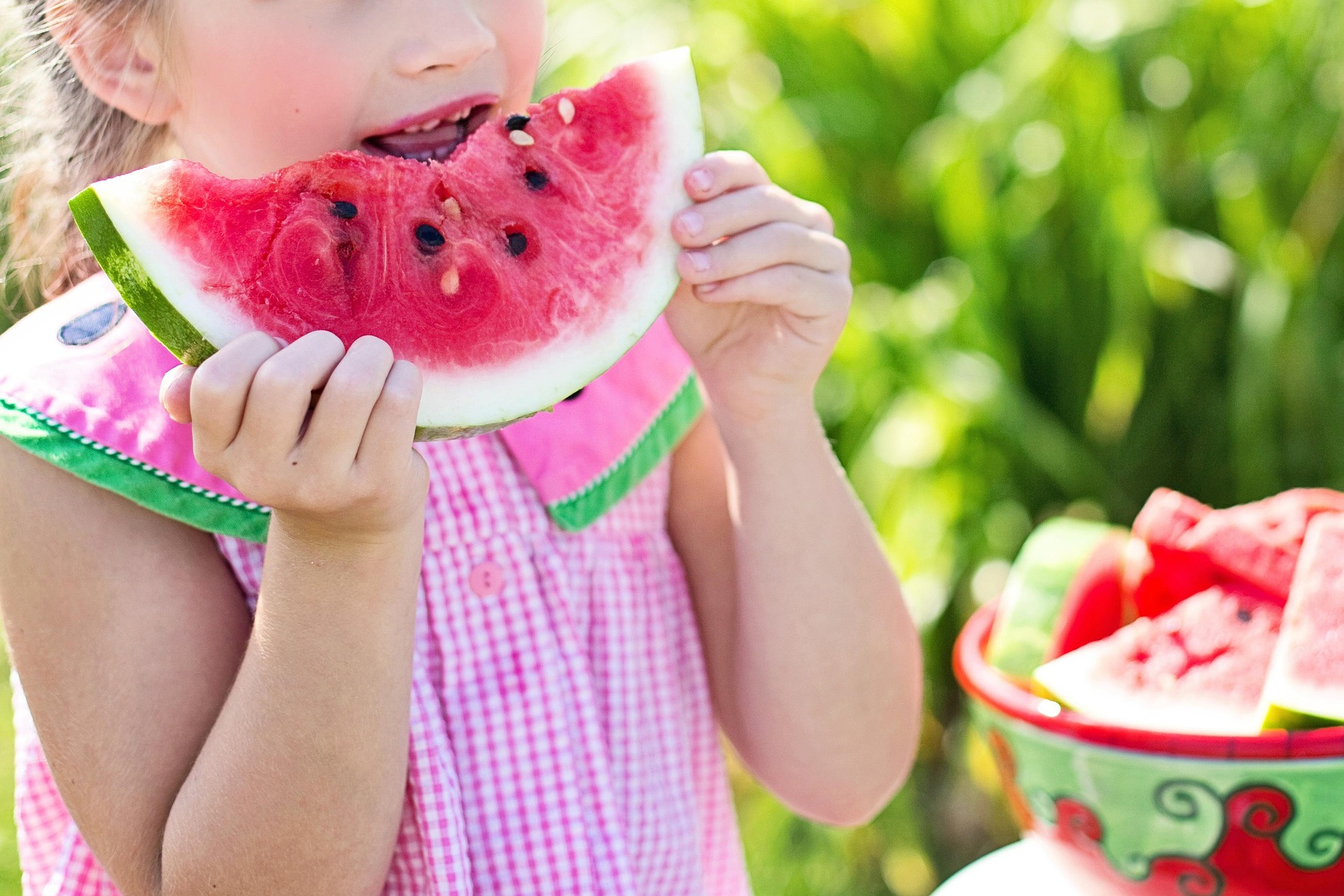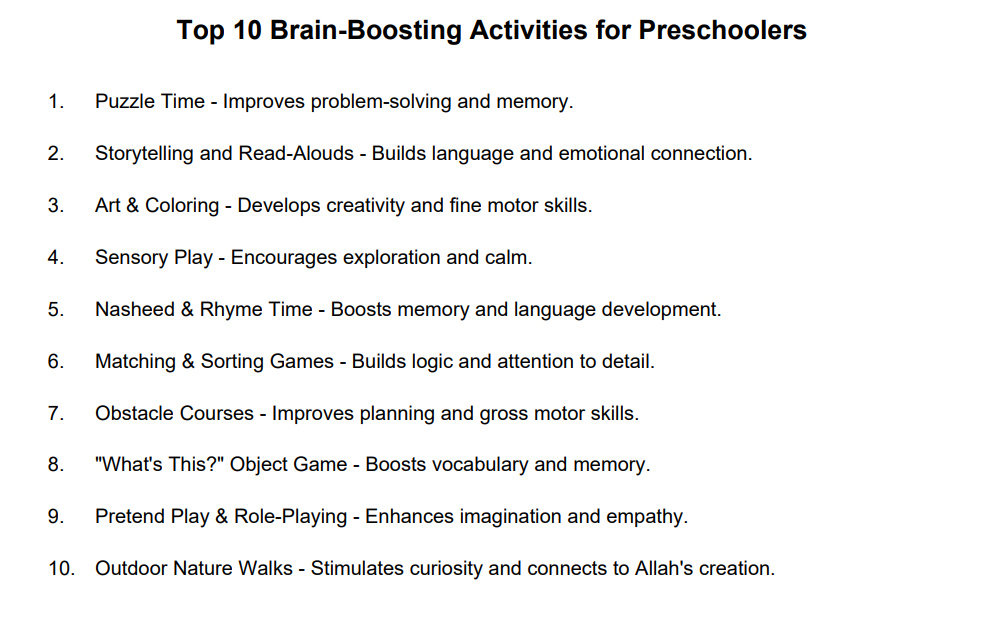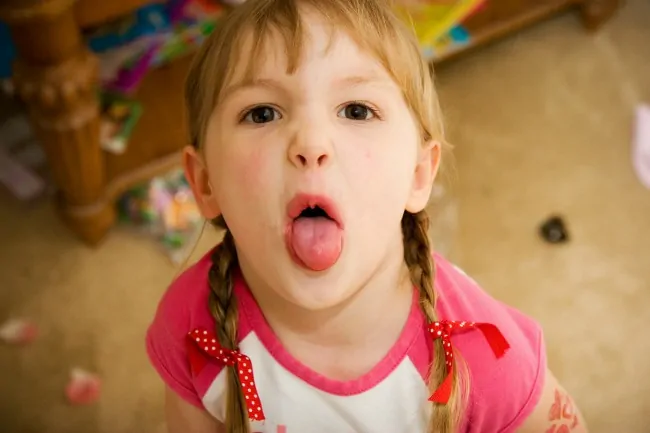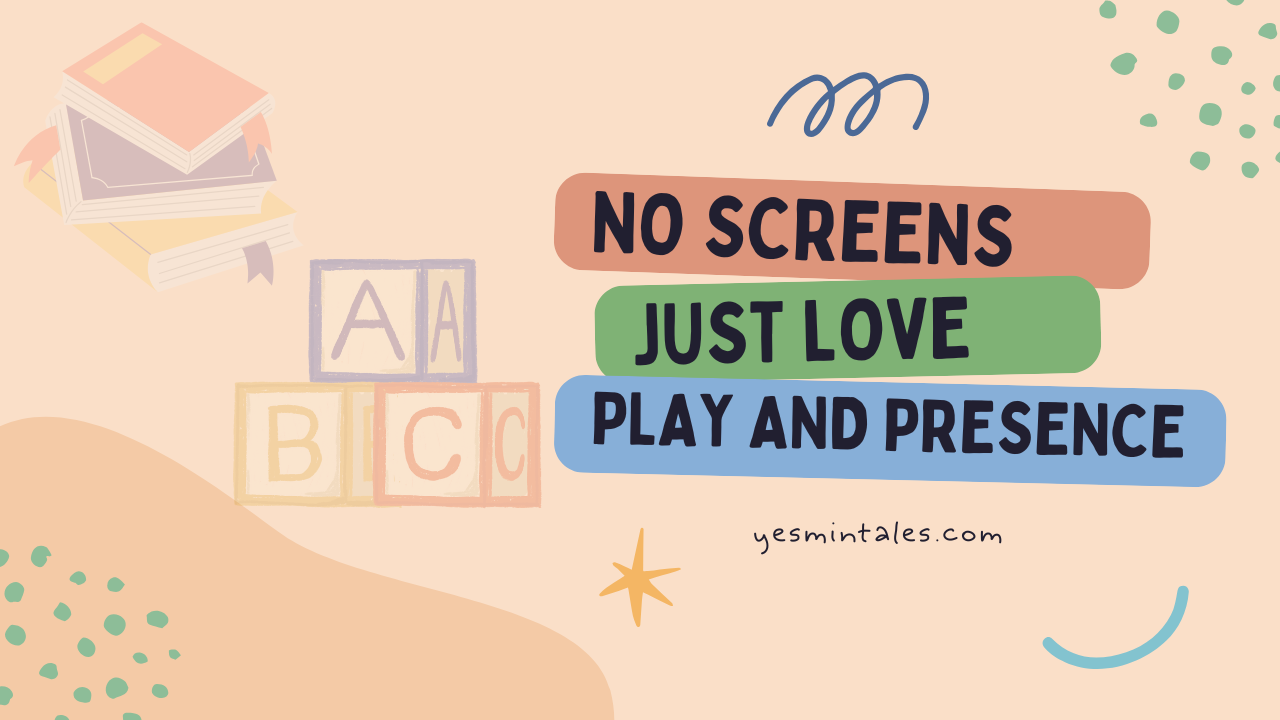Anger Management for Toddlers: A Loving Parent’s Guide

Tantrums. Screaming. Hitting. Kicking.If you’re parenting a toddler, chances are you’ve seen these outbursts more than once — and maybe even asked yourself, “Is this normal?” or “How do I help my child calm down?” The answer is: Yes, it’s normal — and yes, you can help. In this blog post, we’ll explore simple, effective ways to manage toddler anger with love, patience, and understanding Why Do Toddlers Get Angry? Toddlers (ages 1–3) are still learning how to express emotions. Anger shows up when: Anger isn’t “bad” — it’s just a big feeling in a small body. What they need most is your calm presence and guidance. What NOT to Do During a Toddler Meltdown Let’s start with what to avoid: Remember, your response teaches your toddler how to manage emotions in the future. What TO Do: 6 Anger Management Tips for Toddlers 1. Stay Calm and Grounded When your toddler is having a meltdown, your calmness is their anchor. Breathe deeply, speak softly, and remind yourself: “They’re not giving me a hard time; they’re having a hard time.” 2. Name the Emotion Help your child learn the words for what they feel. Say things like: This builds emotional intelligence from a young age. 3. Create a Safe “Calm Down” Space Have a cozy spot in your home with a pillow, favorite toy, or books. Let your toddler go there when they need a break. Not as punishment — but as a peaceful place to feel better. 4. Teach Simple Coping Tools Toddlers can learn calming techniques like: Practice these when they’re not upset so they remember them during outbursts. 5. Stick to Routines Consistency helps toddlers feel safe and secure. Stick to regular sleep, meal, and play schedules to reduce overwhelm and frustration. 6. Praise Positive Behavior When your toddler calms down or uses words instead of yelling, praise them: This encourages more of the behavior you want to see. Final Thoughts: Guiding, Not Controlling Anger is part of growing up — and your child needs help learning how to manage it. By staying calm, teaching emotional language, and offering gentle support, you’re giving them lifelong tools to handle big emotions. You’re not just managing anger — you’re building connection, trust, and emotional strength. You’ve got this. 💛 Want more parenting tips?Subscribe to our blog or follow us for weekly advice on child development, emotional health, and gentle parenting techniques.





Recent Comments